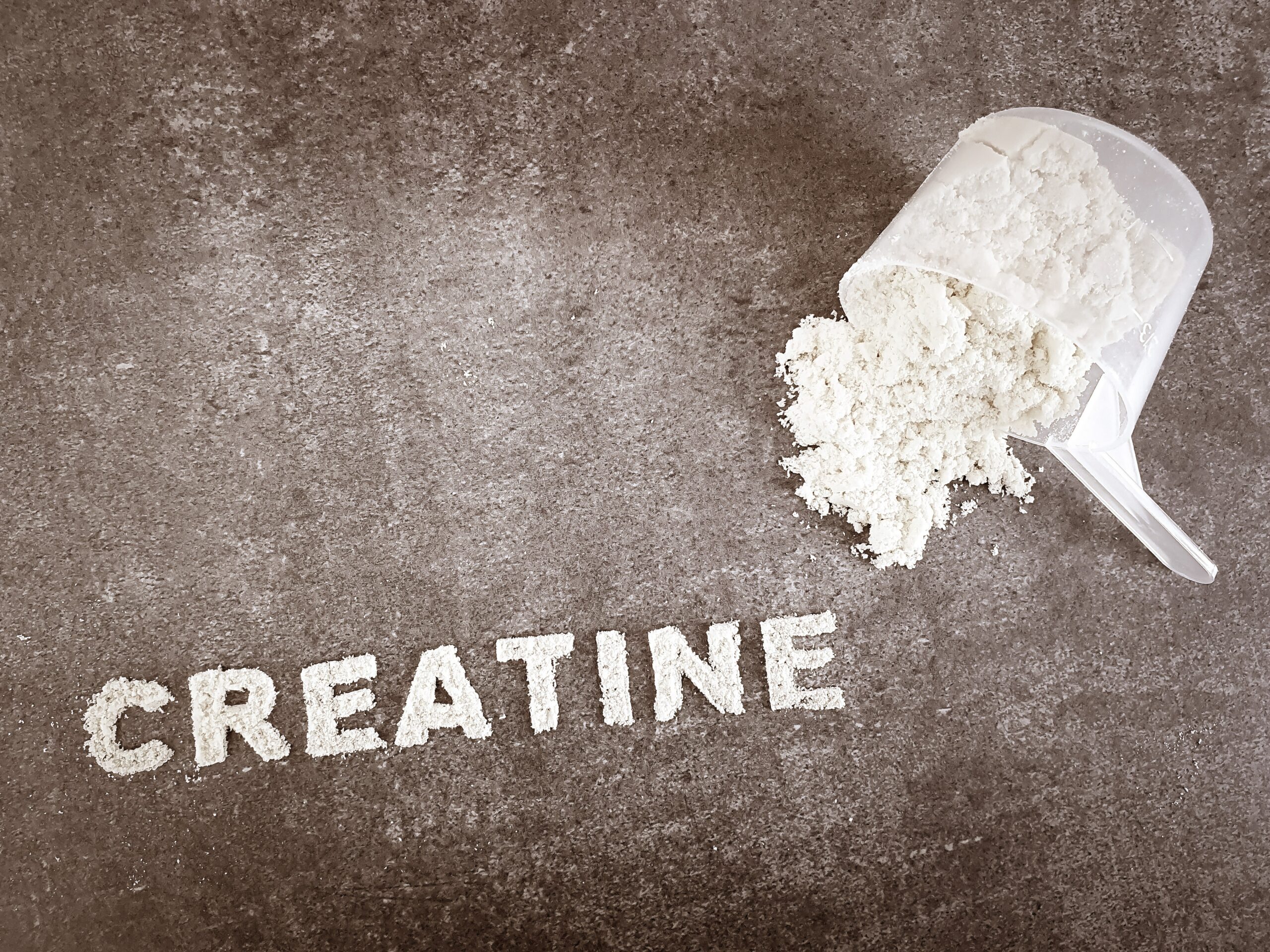Table of Contents

A new study challenges the decades-old belief that creatine supplements significantly enhance muscle growth, finding no substantial difference between those taking the popular fitness aid and those who didn't.
At a Glance
- Recent research involving 54 participants found no significant muscle growth advantage from taking 5 grams of creatine daily during resistance training
- Initial weight gains from creatine supplementation may be attributed to water retention rather than actual muscle growth
- Creatine remains one of the most studied fitness supplements, with previous research suggesting benefits for strength, recovery, and cognitive function
- Scientists recommend further studies with higher dosages to confirm these unexpected findings
What Is Creatine and How Does It Work?
Creatine is an organic compound naturally synthesized in the human body, primarily in the liver, with additional contributions from the kidneys and pancreas. It's produced from three amino acids and is also found in dietary sources like red meat, seafood, and chicken. Most of the body's creatine supply—about 95 percent—is stored in skeletal muscles in the form of phosphocreatine, where it plays a crucial role in rapidly producing energy during high-intensity, short-duration activities such as weightlifting or sprinting.
https://www.youtube.com/watch?v=YHBpQEC37Mg
At the cellular level, creatine helps regenerate adenosine triphosphate (ATP), the primary energy currency of cells. This energy production mechanism is particularly valuable during anaerobic exercise when oxygen availability is limited. In theory, having more stored creatine should allow muscles to work harder and longer before fatigue sets in, potentially leading to greater training capacity and, ultimately, more muscle growth.
The Surprising New Research Findings
The recent clinical trial, which followed 54 participants over a 12-week period, has produced results that contradict much of what fitness enthusiasts have believed about creatine for decades. Researchers divided participants into two groups—one receiving 5 grams of creatine monohydrate daily and another receiving a placebo—while both followed identical resistance training programs designed to build muscle mass.
Researchers noted that while the creatine group did experience initial weight gains, these appeared to be primarily due to increased water retention rather than actual muscle tissue development. By the end of the study period, both groups had gained similar amounts of lean muscle mass, suggesting that the supplement offered no significant advantage for muscle building over resistance training alone.
https://twitter.com/BradSchoenfeld/status/1851616242387349779
Challenging Decades of Fitness Wisdom
The findings stand in stark contrast to the established reputation of creatine as one of the most effective and well-researched fitness supplements available. Since the 1990s, creatine has been widely adopted by athletes, bodybuilders, and fitness enthusiasts seeking to improve performance and build muscle mass. Multiple previous studies have suggested that creatine supplementation, when combined with resistance training, can increase strength, muscle mass, and exercise capacity.
One explanation for the discrepancy between this new study and previous research may be methodological differences. The researchers behind the new study suggest that some earlier investigations may have had design limitations that potentially overstated creatine's benefits. Additionally, individual responses to creatine supplementation can vary significantly based on factors such as diet, training intensity, and natural creatine levels in the body.
Implications for Different Populations
While the new research raises questions about creatine's effectiveness for muscle building in general populations, certain groups may still benefit from supplementation. Vegetarians and vegans, who consume little to no dietary creatine through food sources, typically have lower baseline creatine levels and may experience more noticeable effects from supplementation. Similarly, older adults experiencing age-related muscle loss might benefit from creatine's potential to support muscle maintenance.
Beyond muscle growth, research continues to suggest other potential benefits of creatine supplementation. These include improved cognitive function, particularly under conditions of sleep deprivation or mental fatigue, and possible neuroprotective effects for individuals with traumatic brain injuries. Emerging research also points to potential benefits for heart health and management of certain neurological conditions.
Future Research Directions
The researchers behind the new study emphasize that their findings, while significant, represent just one investigation with specific parameters. They recommend additional studies using different dosages, such as 10 grams daily, to determine if higher amounts might produce different results. They also suggest exploring how factors like age, gender, diet, and baseline fitness levels might influence individual responses to creatine supplementation.
Until more conclusive evidence emerges, health experts continue to view creatine as generally safe for most people when taken as directed. Minor side effects like bloating or stomach discomfort may occur, especially during initial loading phases, but serious adverse effects remain rare. As with any supplement, individuals are encouraged to consult with healthcare providers before beginning creatine supplementation, particularly those with pre-existing kidney or liver conditions.
Sources:
https://www.uclahealth.org/news/article/creatine-supplements-can-help-build-muscle-mass
